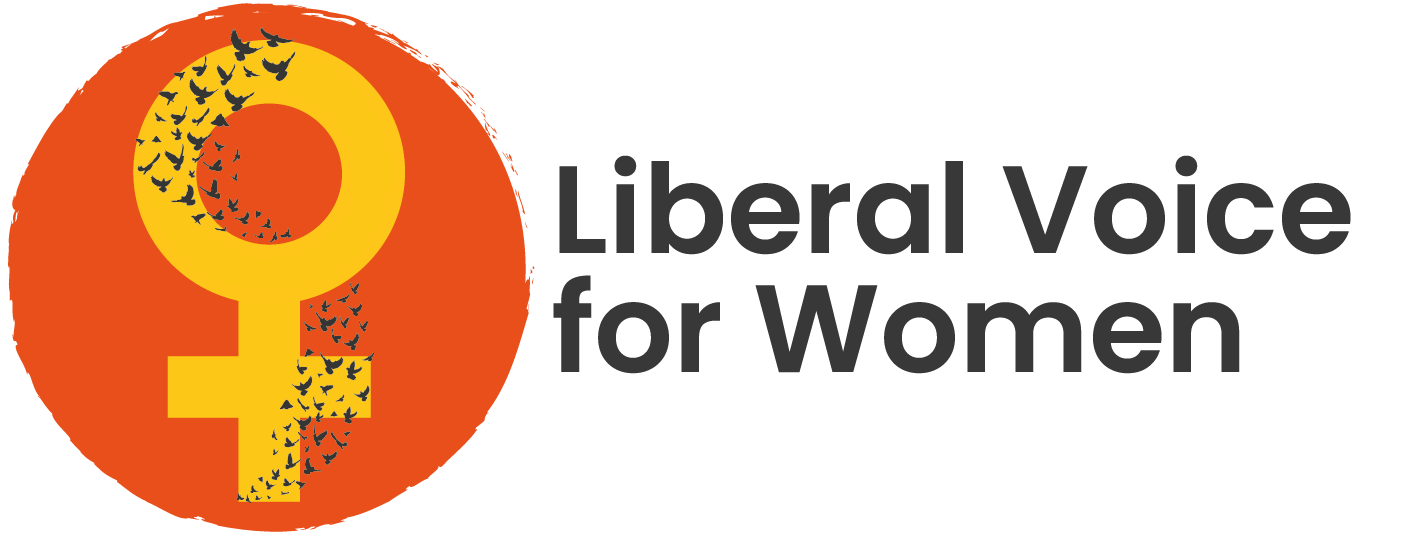Baroness Hussein-Ece Speaks Out for ‘Mother’
In a constructive debate on the House of Lords Committee Stage of the Ministerial and other Maternity Allowances Bill, on February 25th, there was widespread agreement across the House that the almost complete omission of the words ‘woman’ and ‘mother’ from a bill about maternity provision was an embarrassing flaw.
Lib Dem Equalities Spokesperson Baroness Hussein-Ece went to the heart of the issue, noting the confusing nature of the guidance around the Bill and need for clarification. Echoing the mood of the House, ‘Concern has been expressed about the gender-neutral language used in the Bill...Given that we expect gender-neutral language to be inclusive, I would be happy to be able to use ‘pregnant women’—we have used it throughout this debate—alongside other gender-neutral language as appropriate.’ When the effect of gender neutral language is to erase the word ‘woman’ or ‘mother’ from legislation that exclusively concerns women or mothers, it is no longer inclusive.
In contrast, her Lib Dem colleague Baroness Barker attempted to portray the polite pushback that sought to defend the right of women to continue to be called ‘women’ as a ‘powerful campaign’ to obliterate the rights of trans people. In a fact-free speech, she attempted to paint an equivalence between the legitimate aspirations of women, a protected group in law, and the Thatcherite supporters of anti-gay legistlation in the 1980s who introduced Section 28.
In a surprising abuse of parliamentary privilege, Baroness Barker likened the recently published report, The Political Erasure of Sex, by respected feminist scholars and funded by Research England through Oxford University, to a ‘dodgy dossier’ of the alt-right. Barker then went on to repeat the catalogue of arguments made by extremist trans activists, despite none of them having anything to do with the actual content of the Bill.
Baroness Brinton endorsed her colleague's position, adding, ‘I note that our trans community is at extremely high risk of being victims of domestic abuse and violence.’ The relevance of this point in a Bill about maternity allowances was unclear. She then meandered into another cul-de-sac by endorsing the claim of Freddy McConnell, a transman (i.e. a female person with a male ‘gender identity’) who had given birth to a child, to be legally recognised as the child’s father, rather than mother. (In November 2020, Supreme Court Justices refused McConnell permission to mount a further legal challenge as the case did not raise an ‘arguable point of law’). Brinton went on to compound the confusion by attributing McConnell’s pregnancy to ‘advances in medical science.’
Barker and Brinton’s interventions struck a jarring note in a Bill which, as noted by Lord Robert Winston, ‘has nothing to do with gender: it is about women, the uterus and the connection with the baby before and after birth...it seems critical that we should recognise the need to praise maternity, support mothers, and do all we can for women who are pregnant, particularly those from disadvantaged backgrounds.’ Only women (who are Ministers of the Crown) will be affected by this Bill, which relates solely to people with two protected characteristics, of sex and of pregnancy and maternity; and those females identifying as transmen would not be prejudiced because of their belonging to one, if not both, protected categories.
The Ministerial and other Maternity Allowances Act recognises that maternity is about mothers and women, as should always have been clear. With Lib Dems apparently standing by in fear when they were not colluding with the process of sex erasure, Baroness Hussein-Ece’s words were both lucid and reflective of the public’s view. Crucially, she has set the standard for rational confirmation of liberal principles. There are signs the Orwellian rewriting of language designed to placate the hardline element of trans campaigners and confuse the population may have reached a high water mark, as awareness of the sheer unreasonableness of the demands is finding its way into public consciousness, as it has found its way into the Lords.
Baroness Hussein-Ece raised key issues requiring the attention and commitment of the government, including the unacceptably low basic rate of statutory maternity pay and maternity allowance; the unfulfilled promise to strengthen legal protections against redundancy for pregnant women and new parents; and the ongoing lack of response to the calls to adapt the furlough scheme to protect working women who are more than 28 weeks pregnant. There is an urgent and outstanding need, as she concluded, ‘to put right the completely wrong and unequal situation experienced by the rest of the women and new parents in this country.’
